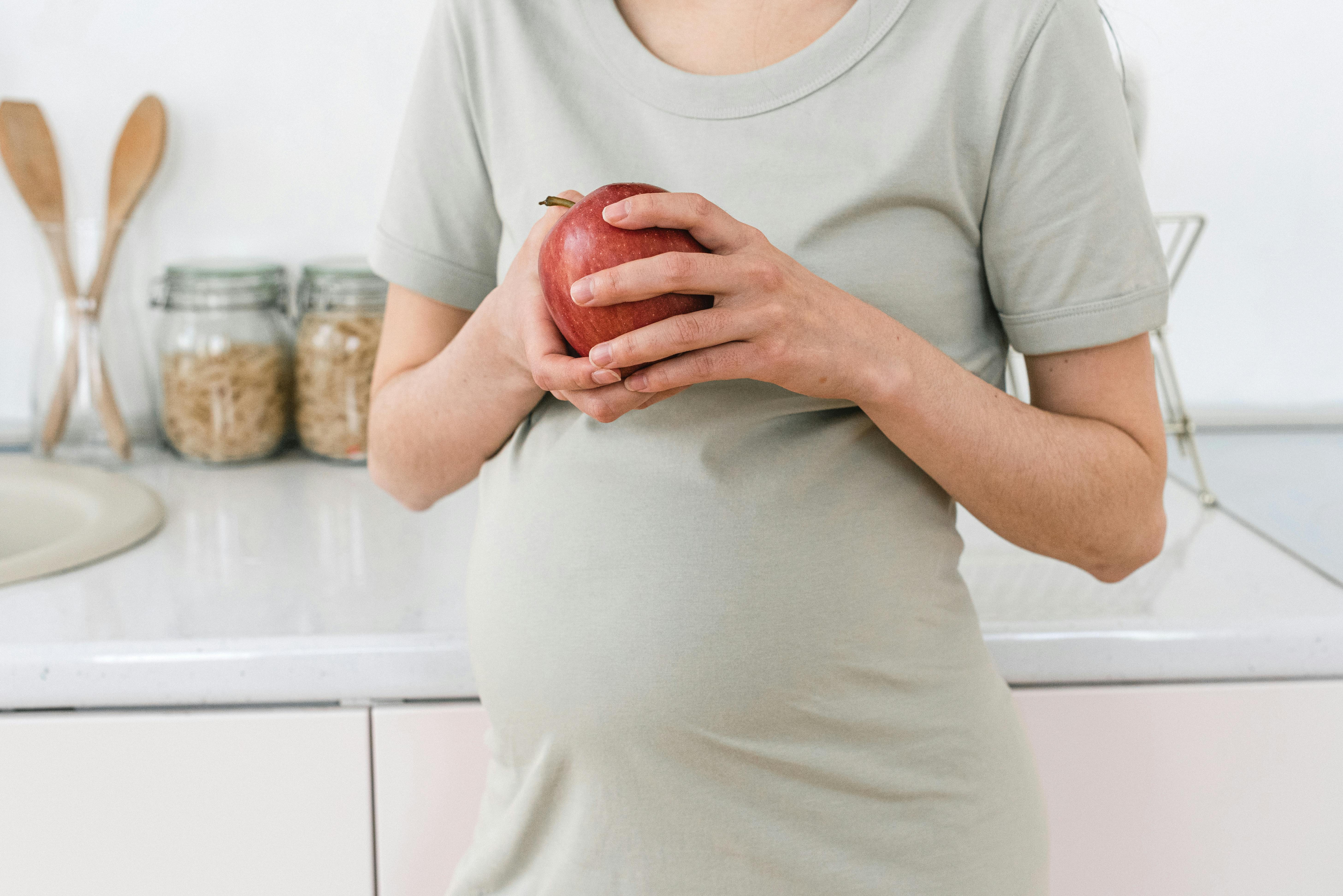Understanding the Essential Role of Vitamin D in Pregnancy and Maternal Health

The Vital Significance of Vitamin D
Vitamin D, commonly referred to as the "sunshine vitamin", is a fat-soluble vitamin that is crucial for maintaining bone health, immune function, and overall well-being. It is unique among vitamins because it can be synthesized by our body when sunlight touches our skin. Besides sunlight exposure, we can also acquire it through food and supplements.
In pregnancy, the need for Vitamin D becomes imperative due to its diverse role in maternal and neonatal health. Pregnant women need more nutrients during this crucial time, and a deficiency in Vitamin D can cause adverse complications for both mother and child.
Vitamin D and Pregnancy: Why is it Essential?
During pregnancy, an increase in the body's demand for nutrients is a normal occurrence as it helps to support the growing fetus. Among these essential nutrients, Vitamin D holds a significant position. It plays a vital role in the physical health of both the mother and the unborn child.
Studies have indicated a correlation between adequate Vitamin D levels and various aspects of healthy pregnancy outcomes. Vitamin D plays a key role in the development of the baby's skeletal system, teeth, and healthier birth weights. It also aids in absorbing and using phosphorus and calcium—two necessary minerals for ensuring the baby's healthy bones and teeth.
For mothers, maintaining an optimum level of Vitamin D can help to keep diabetes, pre-eclampsia, and premature labor at bay. Therefore, it becomes necessary to monitor Vitamin D levels regularly during pregnancy to ensure both maternal and fetal health.
Recognising the Risks of Vitamin D Deficiency
Ignorance about or negligence of Vitamin D intake during pregnancy can lead to serious consequences. A deficiency of Vitamin D can lead to gestational diabetes, preterm birth, and preeclampsia in pregnant women. Furthermore, if a baby is deprived of sufficient Vitamin D during critical periods of growth, the baby can experience delayed physical development, weaker bones, and an increased risk of future diabetes and immune-related disorders.
Addressing Vitamin D Deficiency: The Right Dosage and Sources
Given the significance of Vitamin D during pregnancy, the question that arises is: what is the ideal dosage, and what are good sources? Most health professionals suggest a daily intake of 400 units (10 micrograms) of Vitamin D throughout pregnancy. However, the dosage might vary based on individual health conditions.
Most of our Vitamin D requirement is catered to by sunlight exposure. However, certain dietary sources and prenatal supplements can ensure we get the right amount, particularly during winter when sunlight can be scarce. Foods like fatty fish (salmon, mackerel), fortified dairy and cereal products, beef liver, and egg yolks are good sources.
Maintaining a Balance: Not Too Little, Not Too Much
While it is necessary to have sufficient Vitamin D intake, it’s equally vital to avoid an excess. Overconsumption of Vitamin D can raise the level of calcium in our body, leading to kidney damage, heart issues, and fetal growth restrictions.
Keeping a balance becomes easier by adhering to recommended intake levels, maintaining a diverse diet, and having adequate exposure to sunlight.
Conclusion
Understanding the role of Vitamin D in pregnancy is critical for expectant mothers. Ensuring the right balance of Vitamin D goes beyond just a healthy pregnancy—it contributes to the overall wellness of both mother and child. Thus, it falls upon healthcare professionals and pregnant women alike to ensure that Vitamin D levels are carefully monitored and maintained for healthier and happier pregnancy outcomes.





